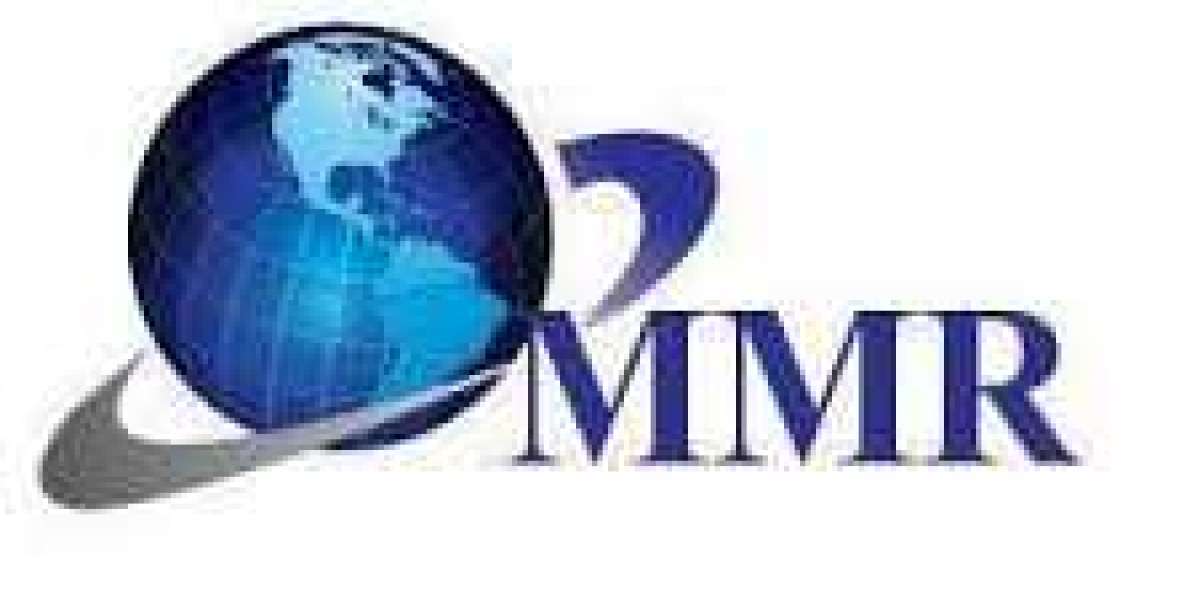You must have wondered what is Pharmacovigilance and what is its importance? The pharmaceutical industry thrives on innovation. New medications are constantly being developed and released, each with its own unique safety profile. However, even the most rigorously tested drugs can exhibit unforeseen side effects once used in a broader patient population. Pharmacovigilance specialists act as the guardians, meticulously collecting and analyzing data on adverse drug reactions (ADRs) to ensure medication safety.
The Power of Specialized Training
While a solid foundation in pharmacovigilance principles is essential, specialized courses offer a targeted approach to knowledge acquisition. These programs delve deeper into specific areas, equipping professionals with advanced capabilities in:
- Regulatory Intricacies: Global regulations governing pharmacovigilance practices are constantly in flux. Specialized courses ensure practitioners remain current with the latest regional and international guidelines, fostering compliance and effective safety monitoring.
- Signal Detection Risk Management: Identifying potential safety concerns amidst a sea of ADR reports requires a keen eye and analytical prowess. Specialized courses equip professionals with advanced signal detection techniques and risk management strategies, enabling them to proactively address potential threats.
- Clinical Research Methodologies: A thorough understanding of clinical trial design and data analysis is invaluable for evaluating the safety and efficacy of medications. Specialized courses provide a deeper understanding of these methodologies, allowing PV professionals to critically assess clinical data and contribute more meaningfully to risk-benefit assessments.
- Communication Expertise: Effective communication is a cornerstone of successful pharmacovigilance practice. Specialized courses can refine communication skills, enabling professionals to clearly and concisely convey complex safety information to a diverse audience, including healthcare providers, regulatory bodies, and patients.
- Here are top Pharmacovigilance training institutes in India.
Benefits of Pharmacovigilance course
Investing in Pharmacovigilance courses yields a multitude of benefits for PV professionals, including:
- Enhanced Career Prospects: A demonstrably strong skillset, bolstered by specialized training, elevates your resume above the competition. This increased marketability paves the way for securing coveted positions within the pharmacovigilance field.
- Leadership Opportunities: Specialized courses equip you with the knowledge and confidence to navigate complex situations. This expertise positions you as a valuable resource for colleagues, potentially leading to leadership roles within your organization.
- Subject Matter Expertise: As you delve deeper into specific areas of pharmacovigilance, you solidify your position as a subject matter expert. This expertise fosters respect and trust from peers and allows you to contribute meaningfully to industry discussions and advancements.
- Staying Ahead of the Curve: The pharmaceutical industry is a dynamic one. Specialized courses ensure you remain current with the latest regulations, technological advancements, and best practices in pharmacovigilance. This continuous learning fosters adaptability and ensures your skills remain relevant in the ever-evolving healthcare landscape.
Charting Your Course for Success
A diverse range of specialized courses in pharmacovigilance cater to various interests and career aspirations. When selecting a course, consider the following:
- Area of Focus: Align the course content with your specific interests within pharmacovigilance, such as signal detection, risk management, or clinical research.
- Course Curriculum: Evaluate the course content in detail to ensure it comprehensively addresses your learning objectives.
- Accreditation Reputation: Opt for courses offered by reputable institutions or organizations recognized within the pharmacovigilance field.
- Learning Style: Choose a delivery format that best suits your learning style, whether it be online, in-person, or a blended approach.
Investing in Your Future
Enrolling in a specialized course signifies a commitment to continuous learning and professional excellence. The knowledge and skills acquired will empower you to tackle new challenges with confidence and navigate the ever-evolving world of pharmacovigilance. By taking charge of your professional development, you position yourself for a rewarding career at the forefront of medication safety.
Remember, in the dynamic realm of pharmacovigilance, continuous learning is the key to sustained success. Embrace specialized courses as an opportunity to refine your expertise and propel your career to new heights!














